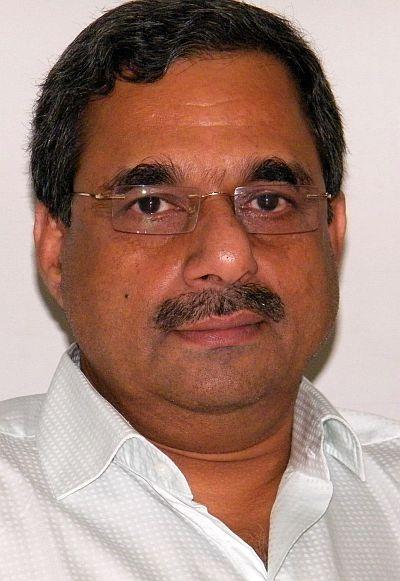
Technopark Technology Business Incubator (T-TBI) is a joint initiative of Technopark, Trivandrum and the Department of Science and Technology (DST), Government of India.
K. C. Chandrasekharan Nair, Managing Director, T-TBI, talks about the rigorous selection process and how the centre has managed to achieve the record success rate.
What was the reason for Technopark to start a Business Incubation Centre? Was it because you felt there was no ecosystem in Kerala to help and encourage entrepreneurs?
It was by accident that I got the idea. In 2005, there was a global conference in Delhi organised by the Department of Science and Technology, Government of India and Infodev, a World Bank group that promotes innovation and incubation activities all over the world.
They had invited the Technopark CEO to attend the conference, as it was the first one in Asia. As the CEO could not go, five of us who built Technopark went to Delhi.
After attending the conference, I felt we needed one such facility here, too. Once back, I gave the proposal to the CEO of Technopark to start a business incubation centre for young entrepreneurs.
…
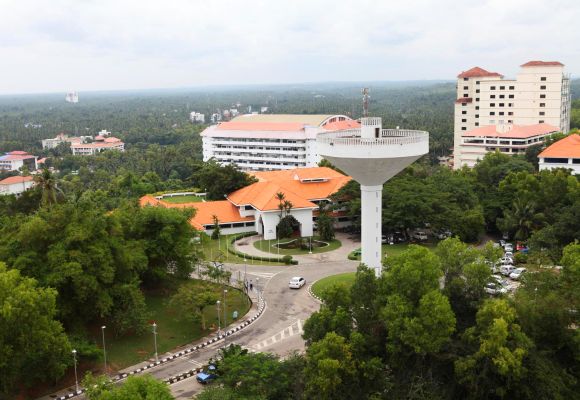
Did you feel there were entrepreneurs out there who needed help?
I definitely felt that there was a need for an incubation centre in Kerala. Technopark was started in 1995, the very first Info-park in the country and until 2000, there were very few companies here. It remained vacant.
The block Nila was started in 1997 and we had to wait for 3 years to get five occupants.
Why did companies stay away in the initial years?
Ours was the first IT Park in the country and at that time people didn’t know what an IT Park is!
Secondly, we were looking at big companies from the US and Europe to start operations here. That did not happen, as the business climate in Kerala did not motivate anyone to set shop. Even Malayali businesspersons preferred other cities in India to Trivandrum.
All this made us look at home grown companies. If Technopark is successful, it is only because of them, and not MNCs.
That was why we felt if we had an incubation centre, we could motivate people from the state to start their own companies. Otherwise, it is difficult for a start up to get funding and mentoring.
…
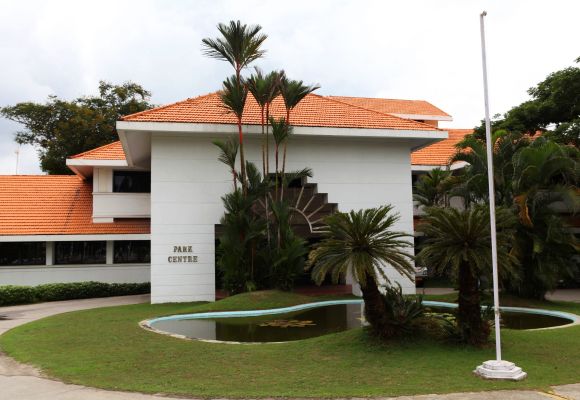
When you got the idea of a business incubation centre, were you looking only at the entrepreneurs from Kerala?
At that time, yes. We gave a proposal to the Department of Science and Technology (DST), Government of India. And this is the first Technology Business Incubator (TBI) approved by DST in India outside a university campuses.
When the team came, they said there was a necessity to start a TBI and allotted Rs 5.9 crore (Rs 59 million). In a year's time, 20 companies have incubated here.
How does TBI operate?
When we accept an idea, we ask the entrepreneurs to register their company with TBI and then prepare a business plan.
Once they come to us with the business plan, ten of us from TBI sit with them and discuss the plan and also ask them to make modifications, if necessary.
Then, they have to make a presentation before an expert committee. Only if the committee agrees with the idea and the plan, TBI goes ahead with it.
We have two types of incubation programs. One is the business incubation centre and the other is the technology incubator.
We put all the companies that are in the services sector and without a product idea, in the business incubation centre.
All the technology companies with innovative ideas that can be patented come under the technology incubator.
Those who come with innovative ideas, we call them innovators and others are entrepreneurs.
…
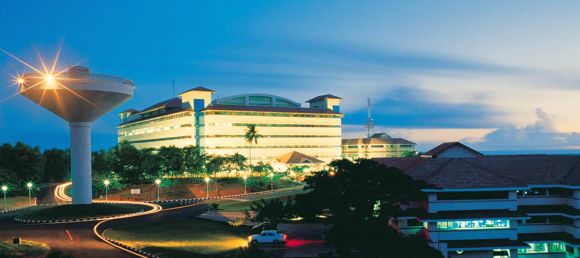
What is the kind of support TBI gives in the first programme to the innovators?
If the committee feels that an idea is innovative and commercially feasible, we ask them to prepare a prototype. For that, we grant Rs 15 lakh (Rs 1.5 million) and give maximum time of a year and a half to develop the prototype.
If the expert committee feels the product can be commercialised, we ask them to register a company. Then, they come to the incubation centre.
We allow them to occupy the incubation centre for three years. During the period, we give them a fully furnished space but they have to pay us rent.
So far, we have scouted 350 innovations but we have funded 48 innovations. Most of them are successful and are selling their products today.
At present, we have 60-65 innovative ideas with us, which we would be sending to the expert committee of the Government of India.
…
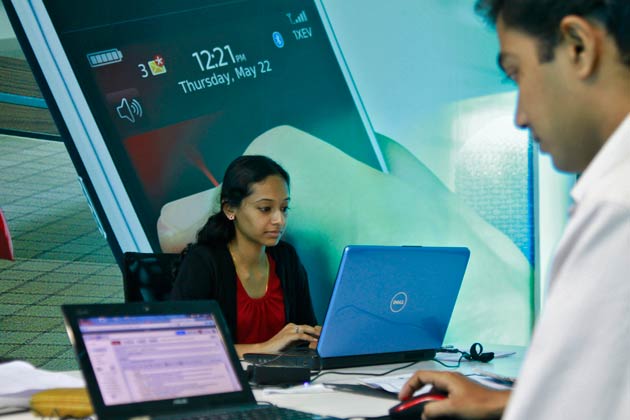
In the second programme, for business incubation, many companies have you incubated so far?
We have incubated 200 companies so far. Only 4 per cent failed, and 96.49 per cent are successful start ups. This is a world record as the average success rate is 50 per cent.
Our success rate is high because of the right ecosystem we have here at the Technopark.
At one time, we can have 70 start ups. There is a queue of 110 start ups now, and when one start up goes out, another gets in. The support is for 5 years.
You said you initiated TBI to incubate start ups from Kerala. Do you support entrepreneurs from other states too?
Today, we have entrepreneurs from all over India starting companies here. We can incubate any company from anywhere in India and also outside India. This is not for Keralites alone.
The only condition laid down by DST is that if the start up is from outside India, it has to be by an Indian. That's all.
…
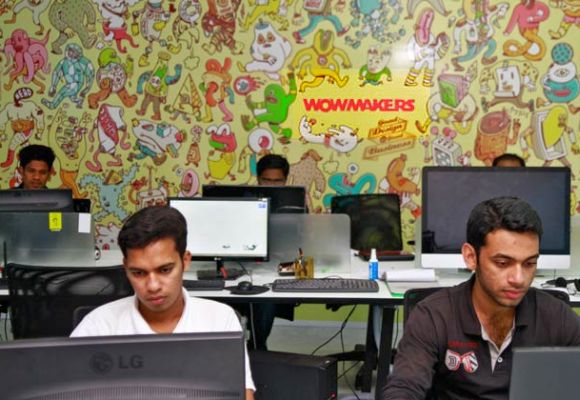
With the kind of success rate TBI has, are you getting more and better ideas?
Yes, of course. Now, for the first time in India, the government of Kerala has come out with a Student Entrepreneurship policy.
If a student or a team of students come out with an interesting idea, we will give them a certificate and help them start a company.
Has the business ambience in Kerala changed? Are youngsters ready to start companies?
Yes, the business atmosphere in Kerala is changing. That is why we want to tap young people.
The plan is to have 25 TBIs in Kerala in the next three years and 3,000 start ups. With 14 TBIs in each district giving thrust to the traditional industries there, like cashew in Kollam, coir in Alappuzha, etc., we want to revive the traditional strength of each area.